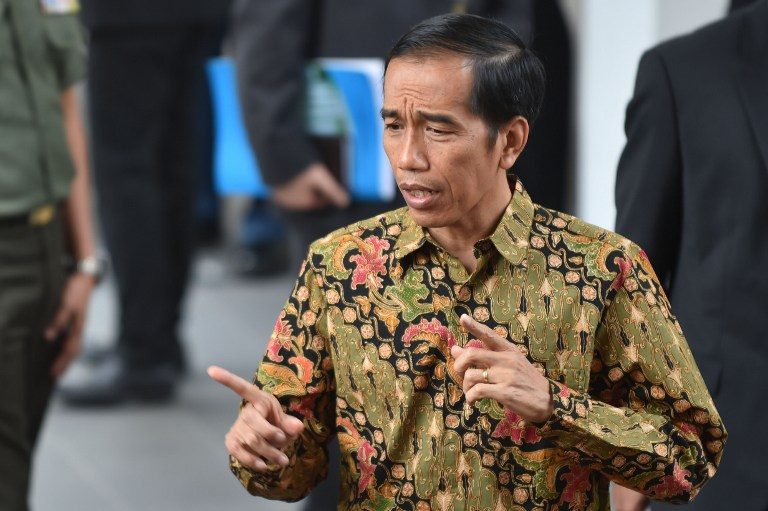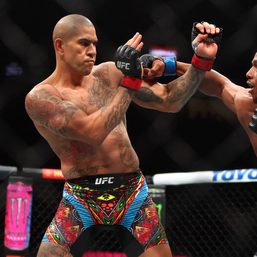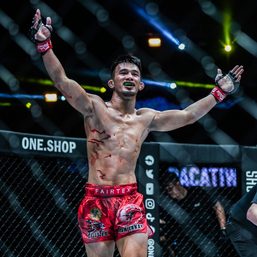SUMMARY
This is AI generated summarization, which may have errors. For context, always refer to the full article.

JAKARTA, Indonesia – A day after a Canadian hostage was beheaded by the Abu Sayyaf in the Philippines, Indonesian President Joko Widodo, better known as Jokowi, admitted the situation was not easy but said he is coordinating closely with his neighbors to save the 14 Indonesians held hostage by group which has turned kidnapping-for-ransom into a cottage industry.
On Tuesday, April 26, Jokowi met in the Palace with a small group of media owners and news chiefs from 9 of the 10 countries of ASEAN, the Association of Southeast Asian Nations, ending a two-day conference organized by the Jakarta Post.
“How did you react after the beheading of their Canadian hostage yesterday?” asked Rappler’s Maria Ressa. “They hold 14 Indonesians and 4 Malaysians hostage. How are you dealing with the threat today?”
“It’s difficult,” said Jokowi, after a short pause. “Every day we always communicate with the Philippine government and other networks.”
Jokowi said he had already ordered his foreign minister to communicate with her counterparts.
“This week we will have a meeting with Philippine, Malaysian, and Indonesia foreign ministers. We want to talk about security in the region. I hope they invite also the chief of the army to talk about the cooperation of patrol,” he said.
The President expressed concern over the security threat in the region, but said Indonesia is handling it’s own terror threat in a unique way given its own challenges.
“We are different. We have (a different) approach in Indonesia. We have a hard approach like law enforcement and legislation, and a soft approach like a cultural and religious approach. We are different because we are the largest Muslim (population) in the world,” he said.
His statements come after the Abu Sayyaf group beheaded a Canadian hostage, sparking fears for more than 20 others they are holding on remote islands, with security forces vowing to hunt down the kidnappers.
The Abu Sayyaf is a radical offshoot of a Muslim separatist insurgency in the south of the mainly Catholic Philippines that has claimed more than 100,000 lives since the 1970s.
Other hostages
Authorities say the group is currently holding more than 20 foreigners after a recent wave of abductions. (READ: Waiting to be freed: 22 foreign hostages in Sulu)
These include 18 Indonesian and Malaysian sailors who were abducted from tugboats near the southern Philippines over the past month.
The Abu Sayyaf is also believed to be holding a Dutch bird-watcher kidnapped in 2012, while it recently released a retired Italian priest after six months in captivity.
One of the Abu Sayyaf’s biggest recent windfalls is believed to have come in 2014 when it claimed to have been paid more than $5 million for the release of a German couple who were abducted from aboard their yacht in the southwest Philippines.
The Abu Sayyaf’s leaders have recently declared allegiance to the Islamic State group that is causing carnage in the Middle East and has carried out deadly attacks in Europe.
However, analysts say the Abu Sayyaf is mainly focused on getting money through its kidnappings, rather than waging an ideological war.
The United States deployed special forces advisers to provide training and intelligence to Filipino troops from 2002 to 2014, which led to the killing or arrest of many Abu Sayyaf leaders.
However the Abu Sayyaf, which is believed to have hundreds of armed followers, has since re-emerged as a major threat. – with reports from Agence France-Presse/Rappler.com
Add a comment
How does this make you feel?





There are no comments yet. Add your comment to start the conversation.